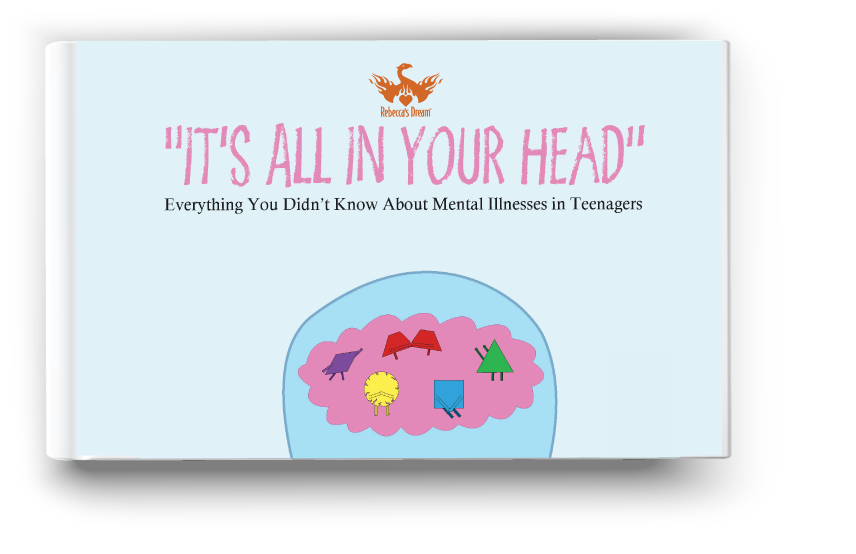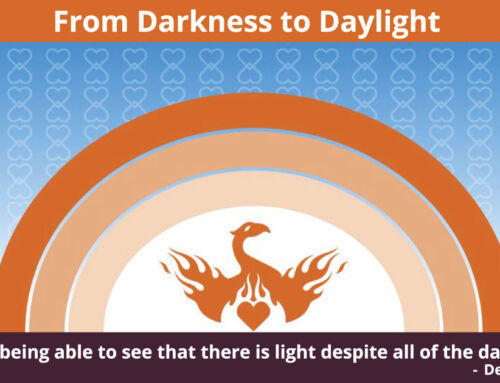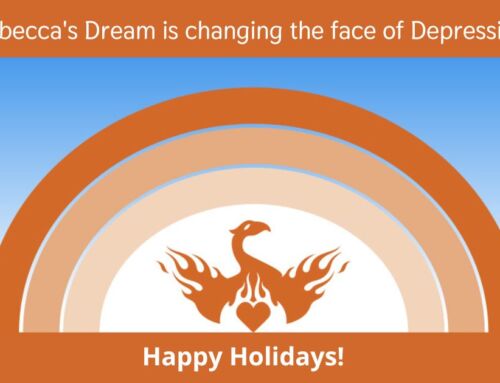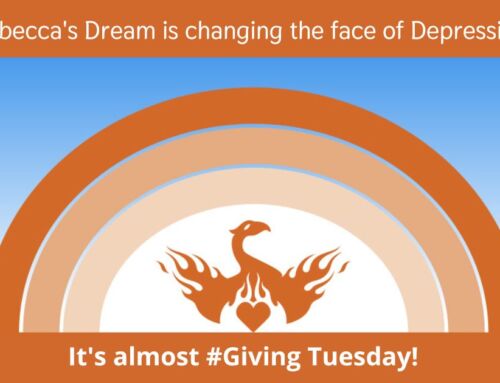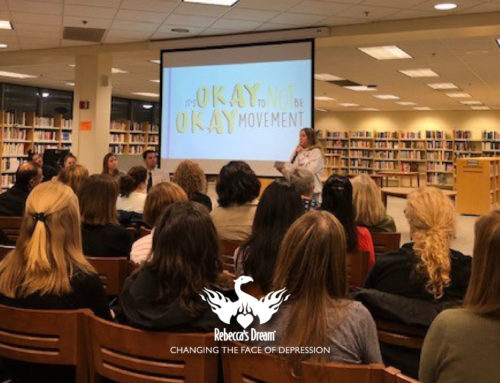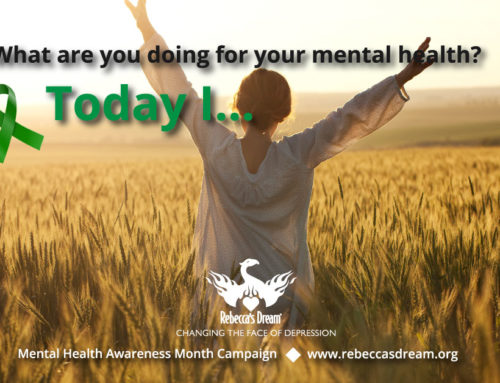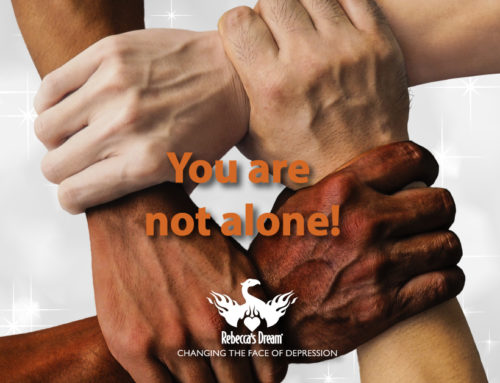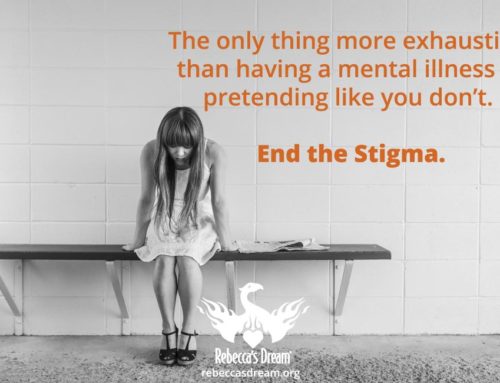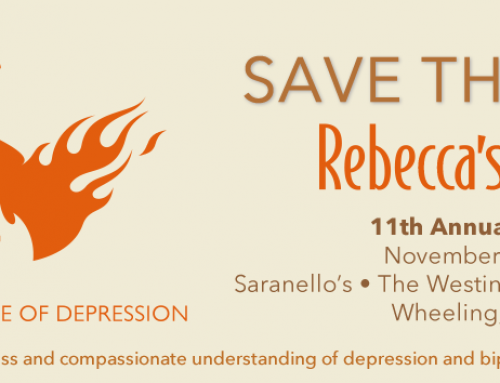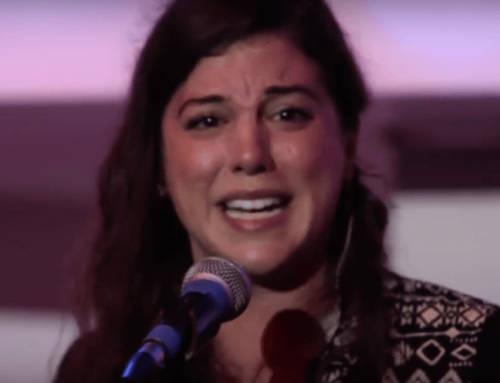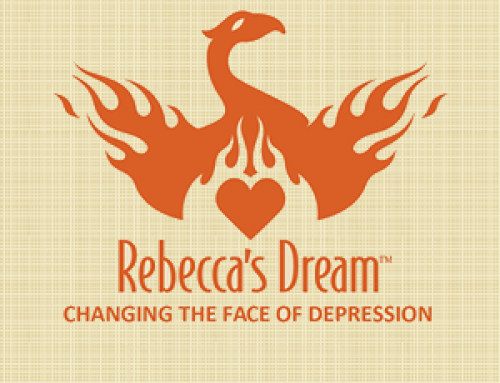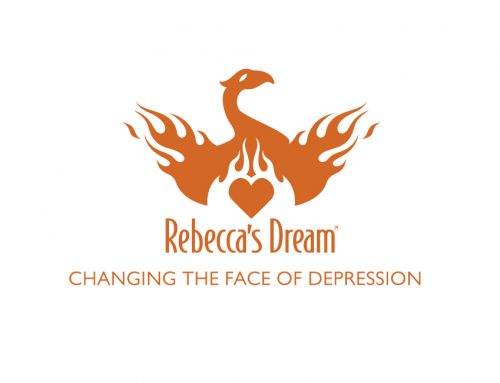Oregon Student Mental Health Day Response
New legislation in Oregon put into effect over the summer is paving the way for a broadened sense of understanding of mental illness in schools.
Students in the western state now have an allotted five days per every three months which may be approved as mental health absences, allowing for those coping with mental illness to receive the same treatment in schools as those suffering from physical complications and illnesses.
There are opinions on either side of the issue as to whether the legislation should have been passed. Some site the state’s already high absenteeism rates as a cause for concern while others site statistics on suicide rates among youth in schools. While both sides have valid points, there are several additional take-aways from this legislation.
First and foremost, this new policy opens the door for students who might otherwise be struggling to stop suffering silently.
In the last several years, the country has seen tragedy after tragedy where a young person has taken his or her life, and in an overwhelming number of instances friends and family didn’t know that something was wrong.
This legislation, in addition to providing equal treatment compared to those suffering from physical illnesses, may also have just created a first alarm in a sense between the student, parents and the school district. When students are physically sick, it is not sufficient for the school simply to be called and told he or she will not be present for class. Rather the parents must write a note and in many instances a doctor must vouch for the absence.
In other words, where it might look at first glance that an opportunity has simply been created for students to miss even more school unnecessarily, the likelihood is that this legislation—if it hasn’t already happened—will also likely be followed up with specific requirements for the absences to be excused, thereby ensuring that parents are made aware of their child’s call-off and allowing them to have conversations with and when necessary, to take action for treatment on behalf of their child.
The second take-away is that this legislation came from kids. One of the single greatest challenges for youth in schools previously has been fitting in. This legislation shows a shift in the mindset of today’s youth which says it’s okay to stop pretending; it’s okay to not be like everybody else and it is okay to not be okay. Where so many stories of bullying are told around the globe, now there is a story of kids standing up for themselves and for their peers.
They are acknowledging that mental illness is real and that there has been a discrepancy between the treatment of those suffering from physical illness and those suffering from mental illness.
And rather than try to pretend this isn’t the case or to respond by bullying and teasing the affected individuals, these youth came up with a solution to mitigate a real problem.
They didn’t place blame.
They didn’t make people feel bad.
They saw a problem, and they provided a solution.
The final take-away is for the greater implication beyond the educational system. Absenteeism is not simply a school problem. How many employers deal with chronic absenteeism and sometimes watch their greatest employees seem to deteriorate out of nowhere, ultimately to end up losing their jobs due to silently suffering from an illness that workplace policies and the stigma around mental illness dictates be suffered in silence?
What this legislation does is open the door for a broader conversation about mental illness to start happening. It opens the door for people to start recognizing mental illness for what it is, to stop blaming the person suffering and to start looking for solutions to help those affected, from youth to the adults suffering in the corner office and for parents everywhere who have cried themselves to sleep thinking, “if only I had known.” Whether the right decision for school attendance policies or not, it is a step in the right direction towards ending the stigma around mental illness.
“I find I am constantly being encouraged to pluck out some one aspect of myself and present this as the meaningful whole, eclipsing or denying the other parts of self.”
-Andre Lorde
“Announcing: Rebecca’s Dream’s Junior Board”
Welcome to the Dream Team!
This stellar group of high school and college students advocate for Changing the Face of Depression through Promoting Awareness and Compassionate Understanding of Depression and Bipolar Disorder as real diseases.
They raise positive awareness of mental health through peer-to-peer education and support, outreach, fundraising and informative presentations by bringing mental illness into the light.
Please join RD’s Junior Board and help further our mission and vision of compassion and understanding. We need you!
Contact : Kathleen Illes , Executive Director – killes@rebeccasdream.org
Upcoming Events
“IT’S ALL IN YOUR HEAD”
Author and illustrator Marlee F. Is a teen living successfully with depression. As Marlee struggled to understand her thoughts, feelings and moods she created “IT’S ALL IN YOUR HEAD.” Marlee’s passion became helping teens easily understand they are not alone during difficult mental health challenges ~ help she wishes she had during her early years of confusion and shame.
Mental disorders don’t discriminate.
One in five teens are affected by some form of disorder severe enough to impact their daily lives.
However, with professional help and self-care most teens feel better within 4-6 weeks.

Tips & Tools
If I’m depressed, what am I going to do about it?
Making a start
You may have more questions than answers. Here are some thoughts to help you move closer to answers.
Source: Mayo Clinic



